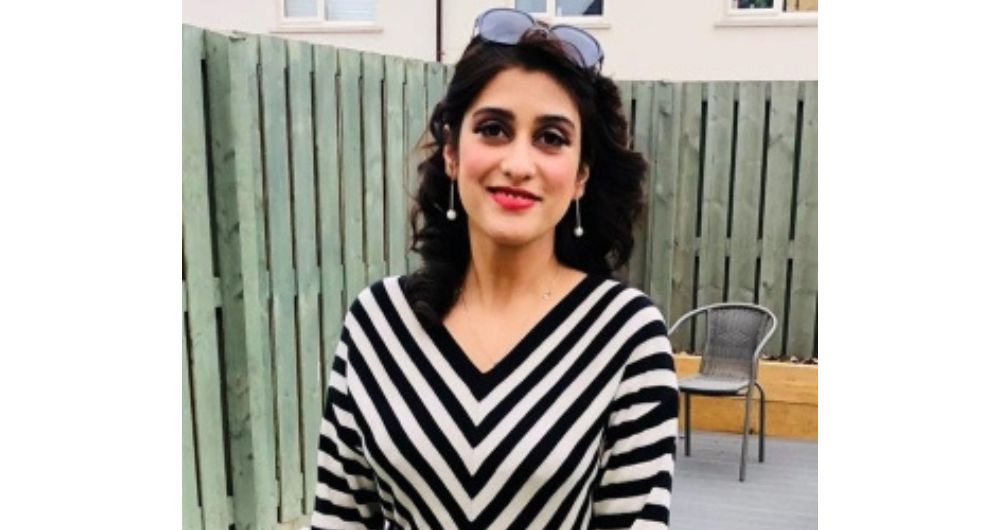
Dr Hamda Ajmal is a postdoctoral researcher in Insight at the University of Galway.
Did/do you face any challenges as a woman in your field and how did you overcome them?
One challenge was managing a work-life balance. As a mother of two young children, I have always felt that I could not give 100% to my career (in research). When I started out my PhD, my first son was only 8 months old. I had my second born when I was in third year of my PhD. I have always juggled work and endless home duties. This was super imposed by working-mom-guilt.
Staying consistent really helped me. I would show up every day even if I wasn’t making any progress. I consistently committed time and effort to my research, even on days when I did not feel motivated or productive. It helped me build a momentum, continue to make progress and stay on track. Small steps taken each day can add up to significant progress over time.
A second big challenge was imposters syndrome. As a South Asian woman who left her country for the first time, I felt overwhelmed in my institution in Ireland. There were no women (or women of colour) role models to look up to. I continuously doubted my abilities and felt like a ‘fraud’. Imposters Syndrome had caused me huge stress and anxiety especially in the earlier years of my PhD. Even currently, I tend to avoid new challenges or opportunities out of fear of failure or exposure. Talking to supportive colleagues, friends and mentors can be helpful to overcome imposter syndrome.
How do you think the research community can encourage more diversity and inclusion in science and technology?
The research community can encourage participation by showcasing the contributions of underrepresented groups, inviting diverse speakers and panelists, and actively seeking out and engaging with underrepresented groups. The research community can also encourage adoption of inclusive practices by providing training and resources on unconscious bias, inclusive languages and cultural diversity. Barriers to entry into this field can be addressed by providing mentorship, funding, and other support for underrepresented groups, including women.